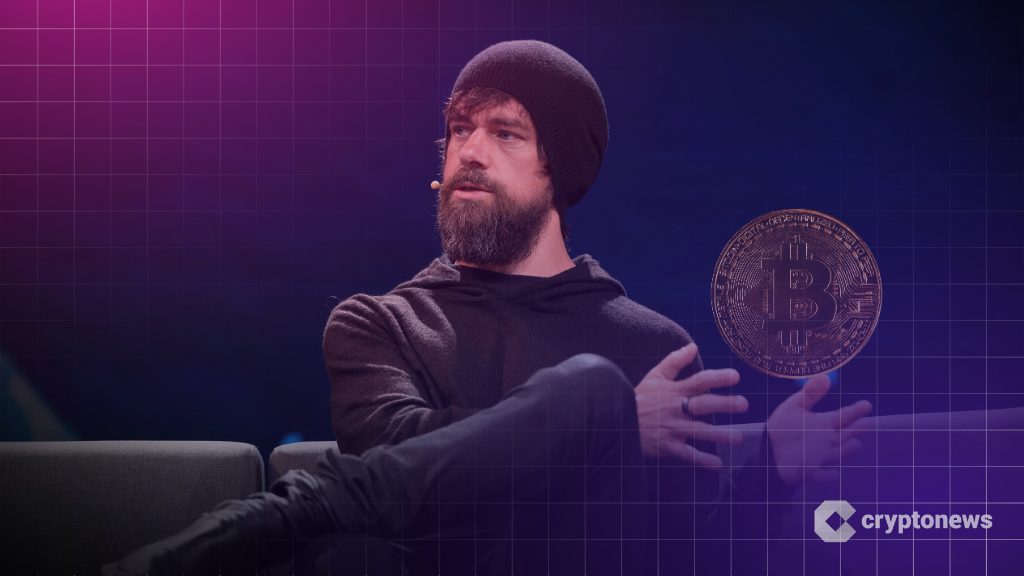Jack Dorsey, the former CEO of Twitter and a prominent advocate for Bitcoin, has encouraged Signal Messenger to adopt Bitcoin for its peer-to-peer (P2P) payment functionalities.
On April 9, Dorsey responded to a suggestion from Bitcoin developer Calle, asserting that “Signal should use Bitcoin for P2P payments.” He emphasized that Bitcoin aligns seamlessly with Signal’s commitment to secure and private communication.
This advocacy was further supported by David Marcus, former president of PayPal and the current CEO of Lightspark, who articulated that “all non-transactional apps should connect to Bitcoin.”
Advocacy for Bitcoin as a Payment Solution
The remarks highlight a growing movement among Bitcoin proponents to redefine BTC as not only a store of value but also as a viable option for everyday transactions.
Dorsey, a co-founder of the financial services firm Block (previously known as Square), has consistently asserted that Bitcoin’s role in daily transactions is critical for its sustainability and future success.
Agreed. All non-transactional apps should connect to Bitcoin and use it as TCP/IP for money. This is what we’ve been relentlessly building at @lightspark alongside industry peers, and it’s prime time. https://t.co/va63vwcqLx
— David Marcus (@davidmarcus) April 10, 2025
Launched in 2014, Signal is recognized for its focus on providing end-to-end encrypted messaging and voice calling.
The application currently facilitates in-app payments through Sentz, previously known as MobileCoin (MTCN), an ERC-20 token designed to prioritize privacy and transaction speed.
Rebranded in late 2023, Sentz enjoys backing from financial entities such as BlockTower Capital and Coinbase Ventures.
Nonetheless, Signal’s partnership with MobileCoin attracted criticism upon its selection in 2021, with detractors questioning the project’s transparency and signaling potential conflicts of interest among Signal’s leadership, along with irregular price dynamics of the token before its integration.
While Bitcoin remains a cornerstone of peer-to-peer payment platforms, numerous popular applications, including Signal, Telegram, and X, have opted to develop or utilize their own alternative cryptocurrencies.
Telegram is currently advocating for its own Toncoin, while Elon Musk has continuously denied intentions to introduce a native token for X.
Growing Venture Capital Interest in Crypto Payment Services
In the previous month, the crypto payment provider RedotPay successfully secured $40 million in a Series A funding round, led by Lightspeed, with participation from other notable investors such as HSG and Galaxy Ventures.
This funding follows a significant $82 million Series B round for the crypto payments company Mesh, aimed at enhancing its blockchain-based settlement network on a global scale. This round was directed by Paradigm, featuring investments from ConsenSys, QuantumLight, Yolo Investments, and several others.
Remarkably, a substantial portion of these transactions was executed using PayPal’s PYUSD stablecoin, emphasizing the increasing importance of stablecoins in modern finance.
Venture capital interest in projects promoting stablecoin services and financial ecosystems continues to rise, further underscored by payments giant Stripe’s acquisition of the stablecoin platform Bridge for $1.1 billion last year, highlighting strong institutional backing for blockchain financial solutions.
In April, Stripe announced its return to cryptocurrency payment acceptance after a hiatus of six years.
In addition to Stripe’s initiatives, other payment companies are also beginning to embrace stablecoins as a viable payment method.
Recently, the Singapore-based payment provider Triple-A unveiled plans to incorporate PayPal’s stablecoin into its roster of accepted tokens for customer transactions.
The post Jack Dorsey Urges Signal to Adopt Bitcoin for P2P Payments, Ditch Altcoins appeared first on Cryptonews.


























